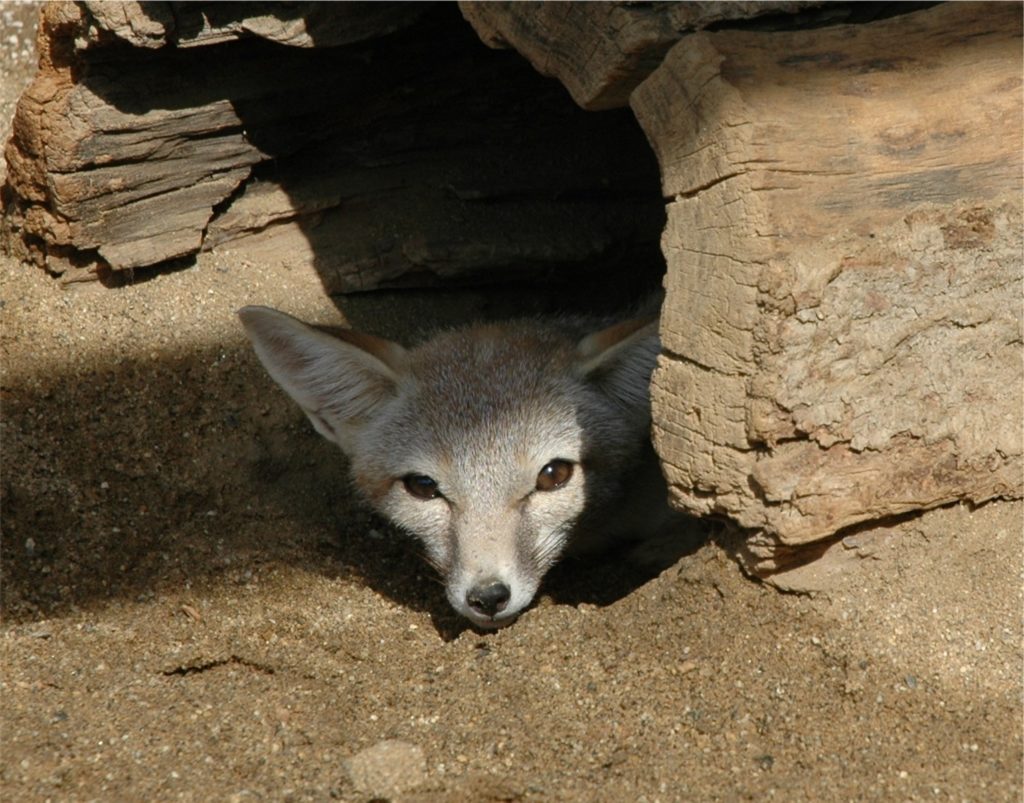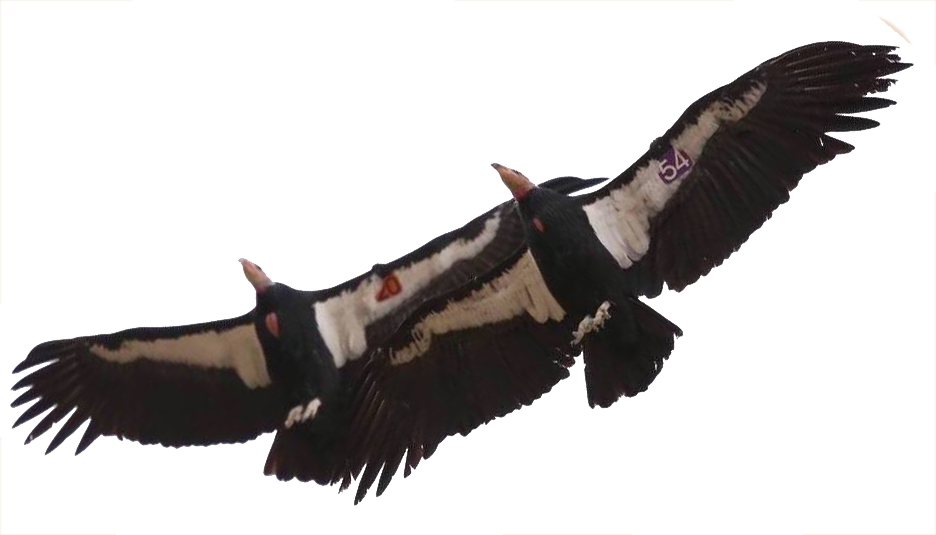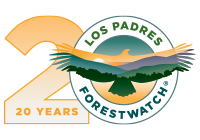
Sacramento, CA—Today, Governor Newsom signed a bill that limits the use of certain rodenticides that linger in the food chain for weeks, killing not just the targeted rodent, but also their predators and scavengers. Over two thousand ForestWatch supporters joined residents across the state in writing to legislators and the governor to urge the bill’s passage. The law will help protect mountain lions, bobcats, coyotes, owls, and other wildlife as they travel outside of protected areas like the Los Padres National Forest.
Introduced by Assemblymember Richard Bloom, AB 1788 strongly limits second-generation anticoagulant rodenticides (SGARs) throughout California. SGARs contain slow-acting chemicals that prevent blood from clotting. Over the several days it takes for the animal to die, it might eat additional SGARs, accumulating many times the lethal dose of the chemicals in its body. This poison is then carried up the food chain and can sicken or kill other animals.

Usually, mice and rats are rodenticide targets, but since the poisons are designed to be attractive, they might be eaten by birds, chipmunks, or even small children. As a poisoned animal dies, it becomes easy prey for predators who also may be killed or badly sickened. Predators might include threatened and endangered animals or family dogs and cats. The bodies of targeted or secondarily poisoned animals might then be eaten by scavengers, who can also fall victim.
“California’s wildlife are already stressed by wildfire and climate change,” said ForestWatch director of advocacy Rebecca August. “Adding the constant threat of lethal poisoning is unnecessary and imperils the very survival of mountain lions, condors, the San Joaquin kit fox and other threatened or endangered animals.”
Since 2014, SGARs have been banned from commercial sale in California but continued to be in legal use by licensed pest control companies. Between 2014 and 2018, the California Department of Fish and Wildlife found SGARs in 70 – 90% of wildlife tested. Biologists have documented anticoagulant rodenticide compounds in 26 out of 27 local mountain lions they tested, including a three-month-old kitten. Just this August, both a bobcat and mountain lion died from rodenticide poison in the Santa Monica mountains.
Assembly Bill 1788 does not completely ban SGARs—it makes exceptions for public health and other reasons—but it does strictly limit their use. The bill also mandates further study and the adoption of additional restrictions if limited use continues to harm non-target wildlife.
“When second-generation anticoagulant rodenticides are introduced into our environment, their spread or whom they kill cannot be controlled,” said August. “We are thrilled that the State of California is taking the lead in removing these insidious silent killers from our backyards and our backcountry.”








Comments are closed.